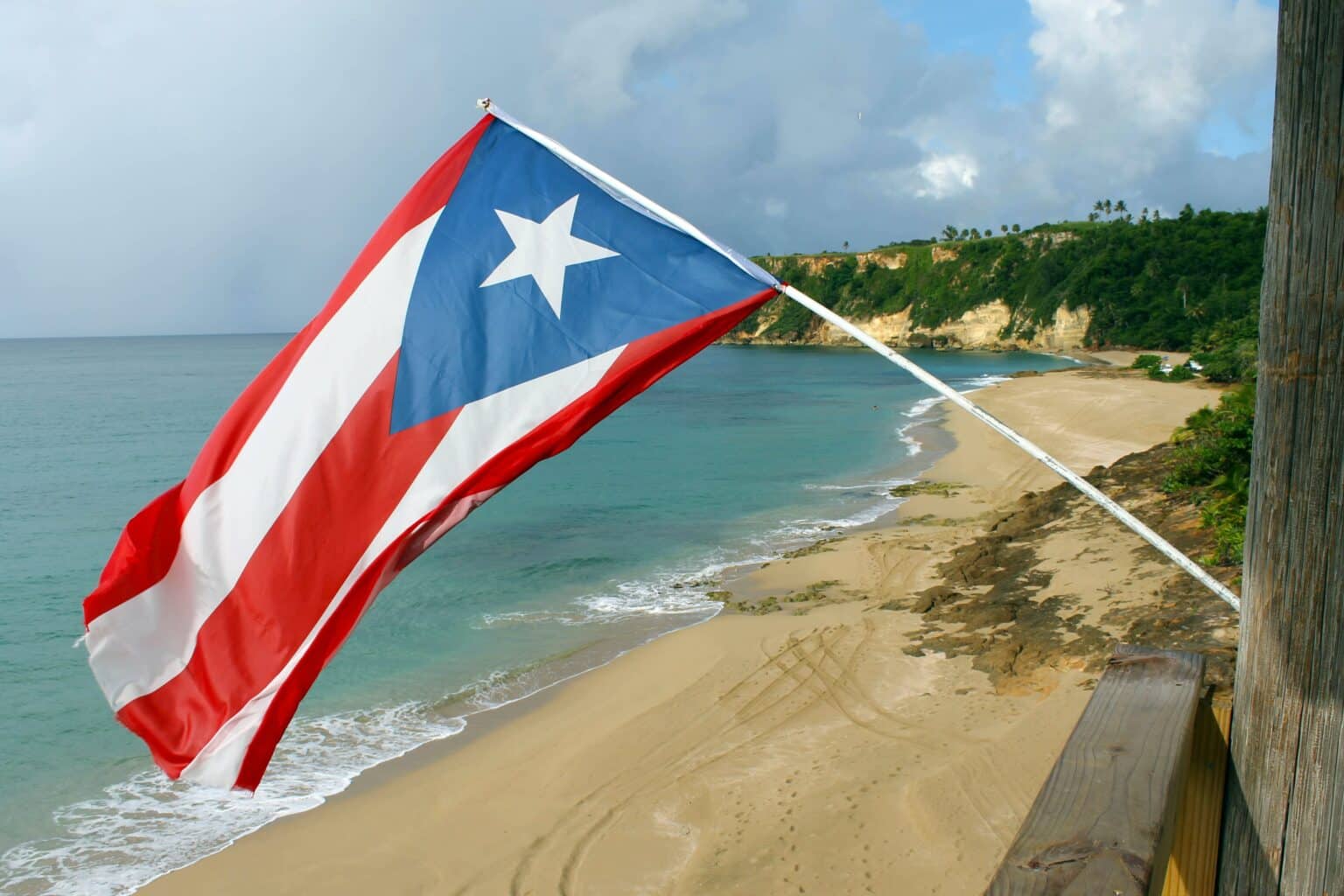As expected the House of Representatives voted Thursday mostly along party lines and passed the Puerto Rico Status Act, which could potentially put the U.S. territory a step closer to a referendum on whether it should become a U.S. state.
The legislation lays out terms of three potential self-governing statuses: independence, full U.S. statehood or sovereignty with free association with the United States.
The Caribbean island of Puerto Rico became a U.S. territory in 1898. Activists have been campaigning for self-determination, including statehood, for decades. There have been six referendums on the topic in roughly the past half-century, but all were non-binding, as only Congress can grant statehood.
Currently, Puerto Rico’s citizens are Americans but do not have voting representation in Congress, cannot vote in Presidential elections, do not pay federal income tax on income earned on the island. Nor do they have the same eligibility for some federal programs as other U.S. citizens.
The Puerto Rico Status Act passed in the Democratic-majority House 233-191, with just 16 Republicans supporting the measure. It has no path to passage in the Senate, however, before 117th Congress adjourns later this month. It was not expected to pass the Senate’s 60-vote filibuster, needing at least ten Republican votes in the 50/50 chamber to ensure passage.


